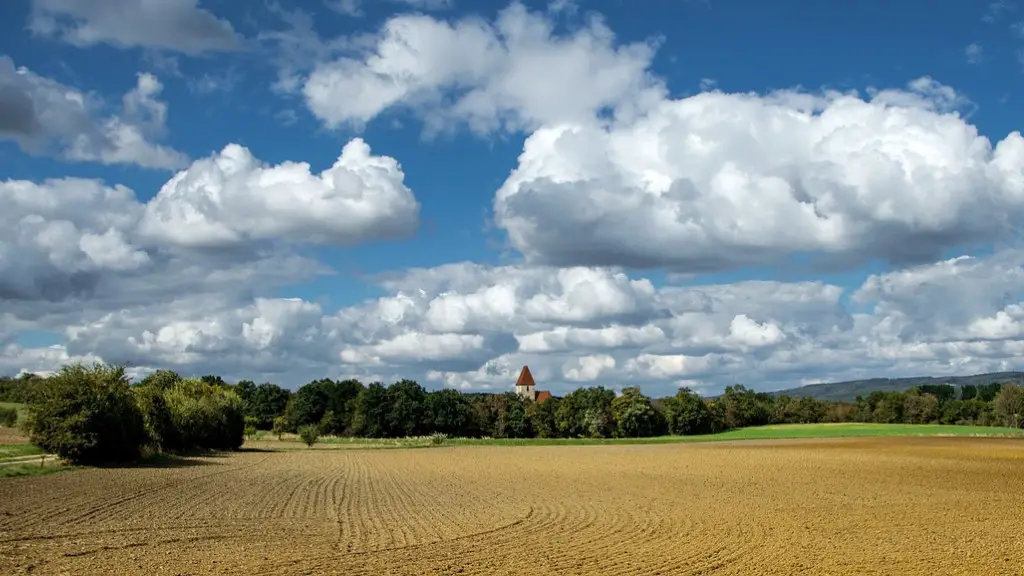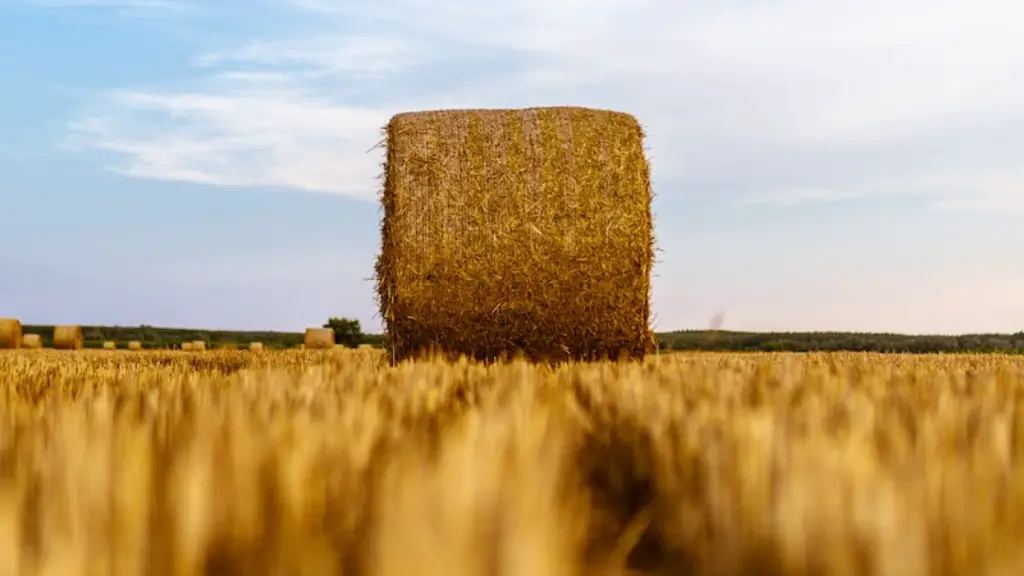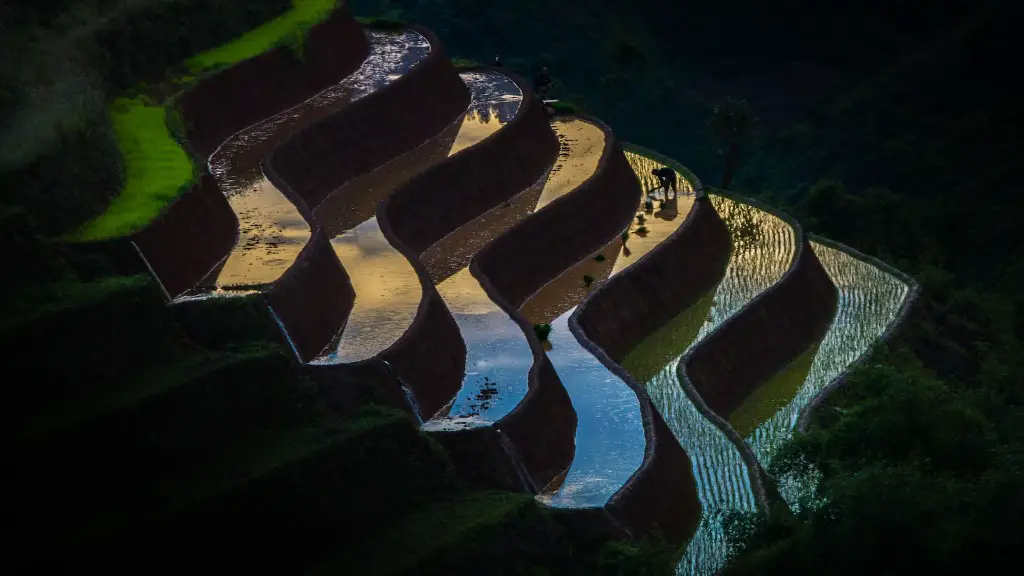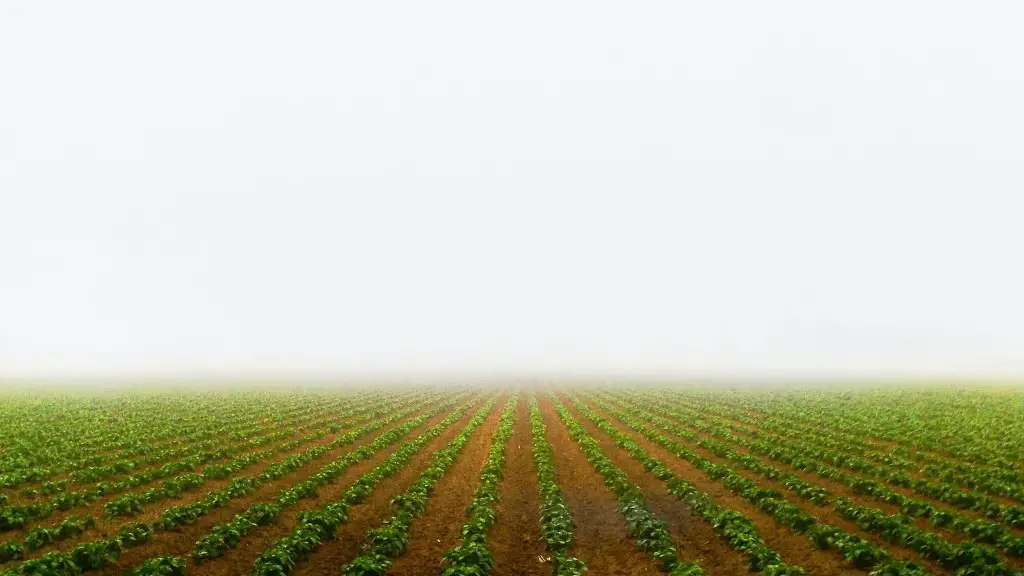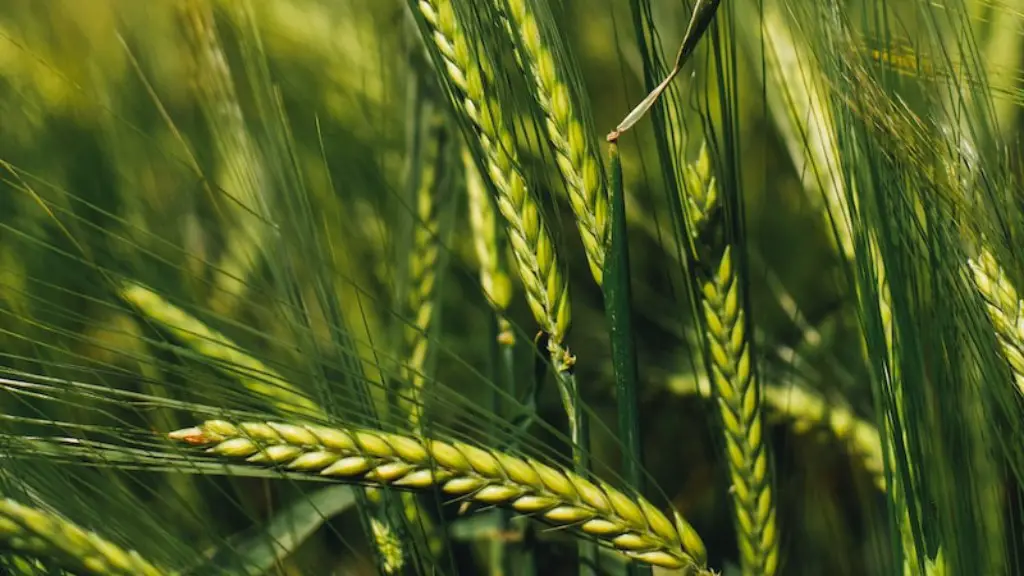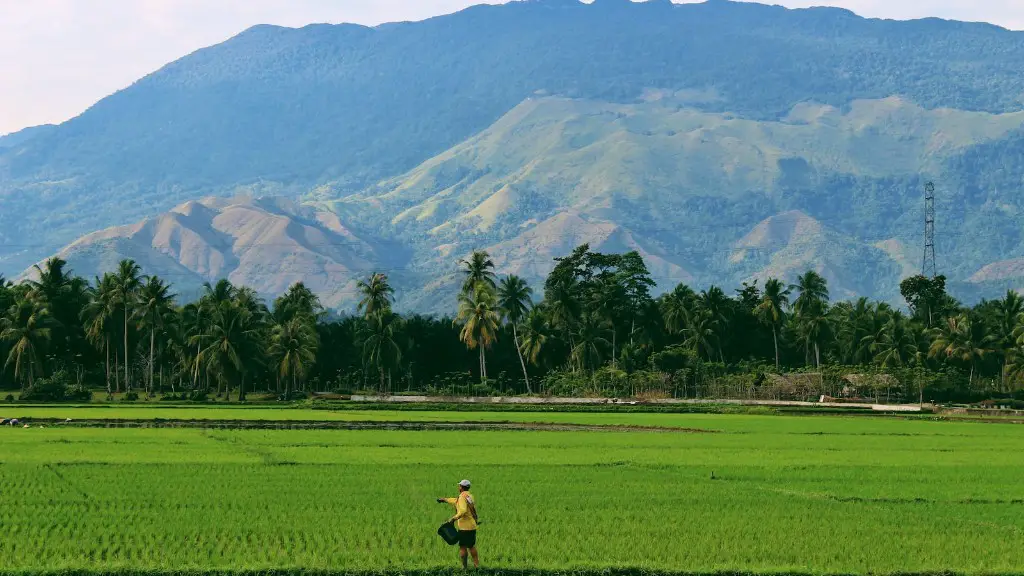Agriculture has been a part of human societies for millennia and it is still an essential part of our lives today. Agriculture is important because it provides us with food, fiber, and fuel. It also helps to regulate our climate and ecosystem. Agriculture is a vital part of the global economy and it plays a crucial role in human development.
The importance of agriculture cannot be understated. Agriculture is the foundation of human civilization, and it has been integral to our development and progress as a species. Agriculture allowed us to settle down and form communities, and it has been the primary source of food and livelihoods for most of human history. Even in the modern day, agriculture is still one of the most important sectors of the global economy, and it plays a vital role in ensuring food security for billions of people around the world.
What is importance of agriculture?
Agriculture is a vital sector of the economy, and the World Bank Group is a leading financier of agriculture. Agriculture can help reduce poverty, raise incomes and improve food security for 80% of the world’s poor, who live in rural areas and work mainly in farming. The World Bank Group is committed to supporting the development of the agricultural sector and to improving the lives of those who depend on it.
As of 2019, cow milk is the top agricultural product in 37 countries while wheat is the top agricultural product in 14 countries. Corn is the most produced crop globally with 11 billion tons, followed by wheat with 7609 million tons and rice with 7567 million tons. These are the latest key production stats for the world’s top agricultural products.
What are 3 benefits of agriculture
Agriculture is essential for human survival as it provides the raw materials we need for food, shelter, and clothing. Crops for food, silk for cloth, and wood for shelter all come from agriculture. Without agriculture, we would not be able to meet our basic needs and would not be able to survive.
Farming is a great way to improve your health and well-being. It is challenging and stimulating work that provides a good source of income in rural areas. Farm work also helps develop younger generations and can help the environment thrive.
Why was agriculture considered the most important?
Agriculture is the backbone of human civilization. Without it, we would not have cities or civilizations. Agriculture allowed us to farm crops and animals to meet demand, and the global population exploded as a result. Today, there are more than seven billion people on the planet, and it all started with agriculture.
Agriculture is the main source of living or income for the majority of people in the economy, about 70% of the population. Agriculture is essential for the survival of human beings and the economy as a whole. It provides food, clothing, shelter, and other essential needs for people. It also provides employment for many people in the economy. Agriculture is a vital part of the economy and it should be given the importance it deserves.
What is the positive impact of agriculture?
It is important to remember that agriculture can have both negative and positive impacts on the environment. While negative impacts are serious, and can include pollution and degradation of soil, water, and air, agriculture can also positively impact the environment, for instance by trapping greenhouse gases within crops and soils, or mitigating flood risks through the adoption of certain farming practices.
The agricultural sector has a profound impact on society as a whole. It directly supports livelihoods through the production of food, fuel, and fiber, and indirectly provides Jobs in a wide range of industries. It also contributes to the economy through trade, and the sector’s vast land resources provide critical habitat for a wide range of plant and animal species.
What will happen without agriculture
Agriculture is the foundation of civilization and any stable economy. Without agriculture, it is not possible to have a city, stock market, banks, university, church or army. Agriculture provides the food and fiber that we need to survive and thrive. It is the backbone of our economy and our way of life.
The Feeding the Economy report makes clear that the food and beverage industry is a major driver of the US economy. Last year, these sectors contributed more than 43 million jobs, $2 trillion in wages and $718 billion in taxes. In addition to these domestic contributions, in 2021 these industries also accounted for $182 billion in exports. These figures underscore the importance of the food and beverage industry to the US economy and its continued vitality.
How does agriculture impact environment?
Agriculture has had a profound impact on the environment. Here are five of the most significant effects:
1. Soil fertility loss: The overuse of chemical fertilizers and pesticides has led to a decline in the fertility of agricultural soils. This has in turn led to lower crop yields and has adversely affected the health of farmers and farm workers.
2. Eutrophication of water bodies: The use of chemical fertilizers and pesticides has resulted in the eutrophication of rivers, lakes and groundwater. This has led to the death of fish and other aquatic life, and has made the water unsafe for human consumption.
3. Deforestation: The conversion of forests to agricultural land has led to large-scale deforestation. This has resulted in the loss of habitat for wildlife, and has contributed to climate change.
4. Climate change: Agriculture is a major contributor to greenhouse gas emissions, which are causing the Earth’s climate to change. agriculture is contributing to climate change in several ways, including through deforestation, the use of fossil fuels for irrigation and farm machinery, and methane emissions from livestock.
5. Pesticide pollution: The use of pesticides has resulted in the contamination of air, water and soil
The US agricultural sector is a key part of the economy, contributing 54% to gross domestic product and providing 105% of employment. Americans spend an average of 12% of their household budgets on food. The sector is facing challenges in the coming years, including climate change, labor shortages, and trade tensions.
How did agriculture change human society
The more abundant food supplies could support denser populations, and farming tied people to their land. Small settlements grew into towns, and towns grew into cities. Agriculture produced enough food that people became free to pursue interests other than worrying about what they were going to eat that day. This led to the development of civilizations and the rise of different cultures.
Many farmers are using conservation practices to improve their land and soil health. These practices help to store carbon, reduce greenhouse gas emissions, and protect water sources. They also make fields more resilient to extreme weather events. Conservation practices are a win-win for farmers and nature.
How does agriculture contribute to climate change?
The main agricultural sources of greenhouse gas emissions are carbon dioxide (CO2) from tropical deforestation, methane (CH4) from livestock and rice production, and nitrous oxide (N2O) from fertilizing or burning croplands. Agriculture is responsible for about half of global methane emissions.
The pros of agriculture are that it allowed for the domestication of plants and animals, which led to the development of experts in various fields such as art, leadership, and writing. Agriculture also allowed for the creation of civilizations. The cons of agriculture are that it can lead to conflicts over access to food resources, and weather conditions can damage crops.
Conclusion
Agriculture is important for a number of reasons. It is a major source of food for both humans and animals, it provides employment for millions of people around the world, and it is a significant contributor to the global economy. Agriculture is also important for the environment, as it helps to maintain the balance of ecosystems and the natural landscape.
Agriculture is one of the most important industries in the world. It is responsible for providing food and fiber for the ever-growing population. Agriculture also provides employment for a large number of people and is a major contributor to the economy.
